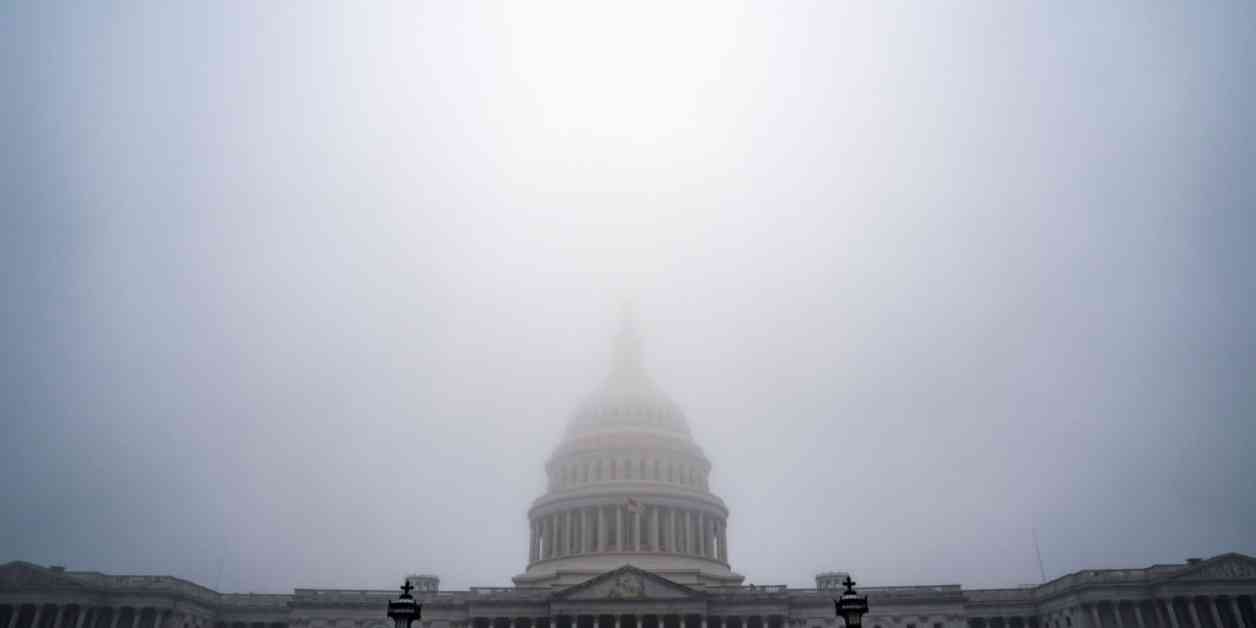House Passes Defense Bill Banning Trans Care for Minors
In a landmark decision, the House passed a massive defense spending bill with a provision that would prevent the military’s health care program from covering transition-related care for minors. This provision, spearheaded by Speaker Mike Johnson, has sparked a heated debate among military families, especially those with transgender children who rely on Tricare for essential medical treatments.
The Controversy Unveiled
The National Defense Authorization Act (NDAA), a crucial $895 billion bill that outlines Pentagon and defense policies for the upcoming year, includes language stating that minors under the age of 18 will be denied affirming hormone therapy, puberty blockers, and other gender-affirming interventions. This move could have far-reaching consequences for the estimated 4,000 minors currently within the military health system whose care would be affected by this restriction.
As the bill passed the House with a vote of 281-140, the stark divide between Republicans and Democrats on this issue was evident. While Speaker Johnson hailed the bill as a victory for troops, emphasizing pay raises and housing improvements, some military families with transgender children see it differently.
Personal Stories Paint a Complex Picture
One heartbreaking account from an anonymous Air Force service member, who has served for over two decades and has a transgender daughter receiving gender-affirming care through Tricare, sheds light on the human impact of this provision. The member expressed concerns about the bill’s implications, stating that the security and well-being of military families are paramount for maintaining an effective fighting force.
The service member’s spouse shared a poignant narrative of their daughter’s journey to gender-affirming care, highlighting the transformative impact it had on her well-being and family life. However, if the NDAA passes with this provision intact, they face the daunting prospect of shouldering out-of-pocket costs for their daughter’s treatment, potentially jeopardizing their financial stability.
Advocates Speak Out
Cathy Marcello, the deputy director of the Modern Military Association of America, emphasized the widespread fear and uncertainty among military families grappling with the potential consequences of this provision. With an estimated 10,000 transgender youth between 6 and 22 living in military households, the impact of the Tricare restriction extends beyond medical care to fundamental decisions about family security and service members’ career trajectories.
The broader implications of this provision, as highlighted by advocates and experts, underscore the intricate balance between military readiness and the well-being of service members and their families. As the Senate prepares to vote on the NDAA and the fate of transgender minors’ medical care hangs in the balance, the voices of those directly affected by this policy change speak to the profound challenges and ethical considerations at play.
